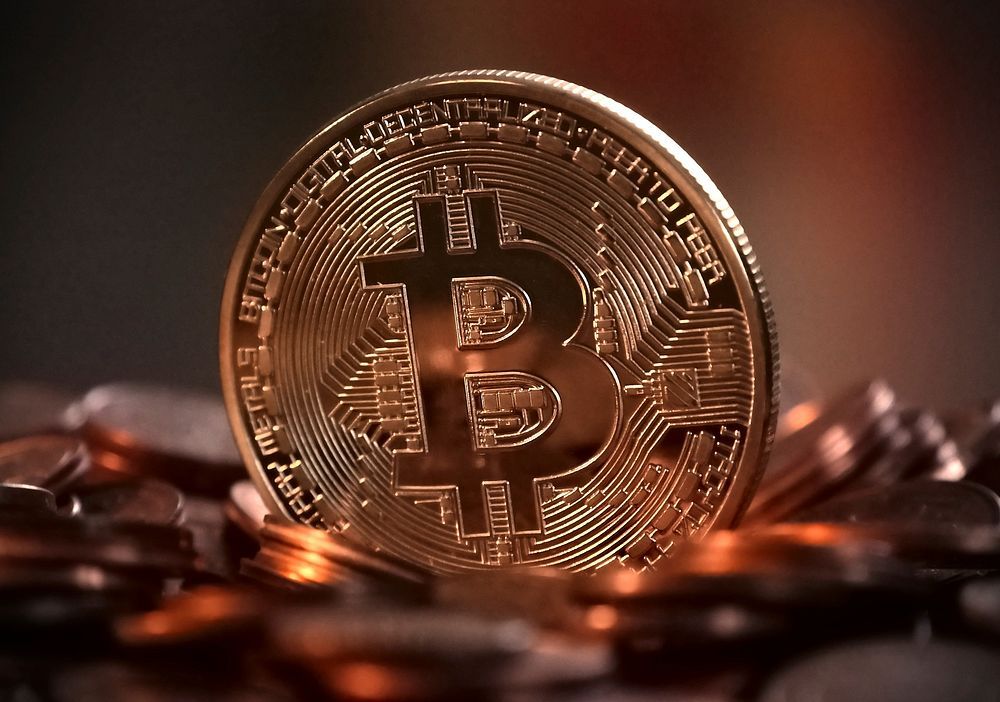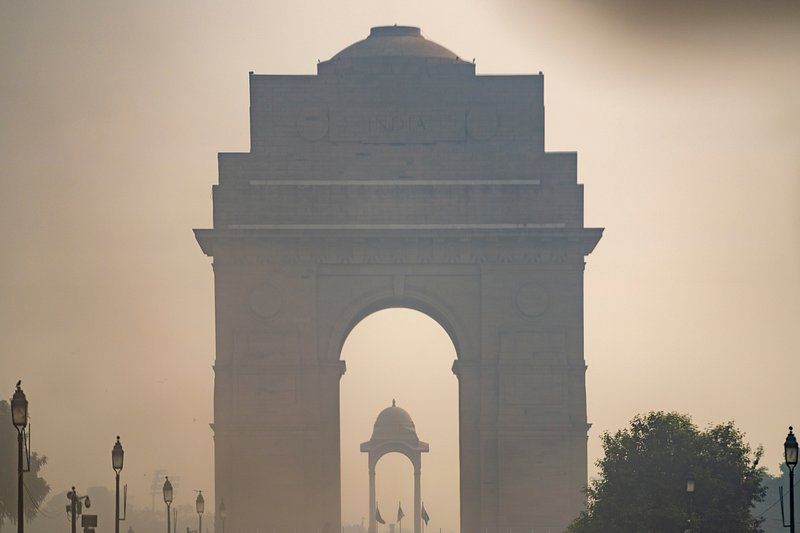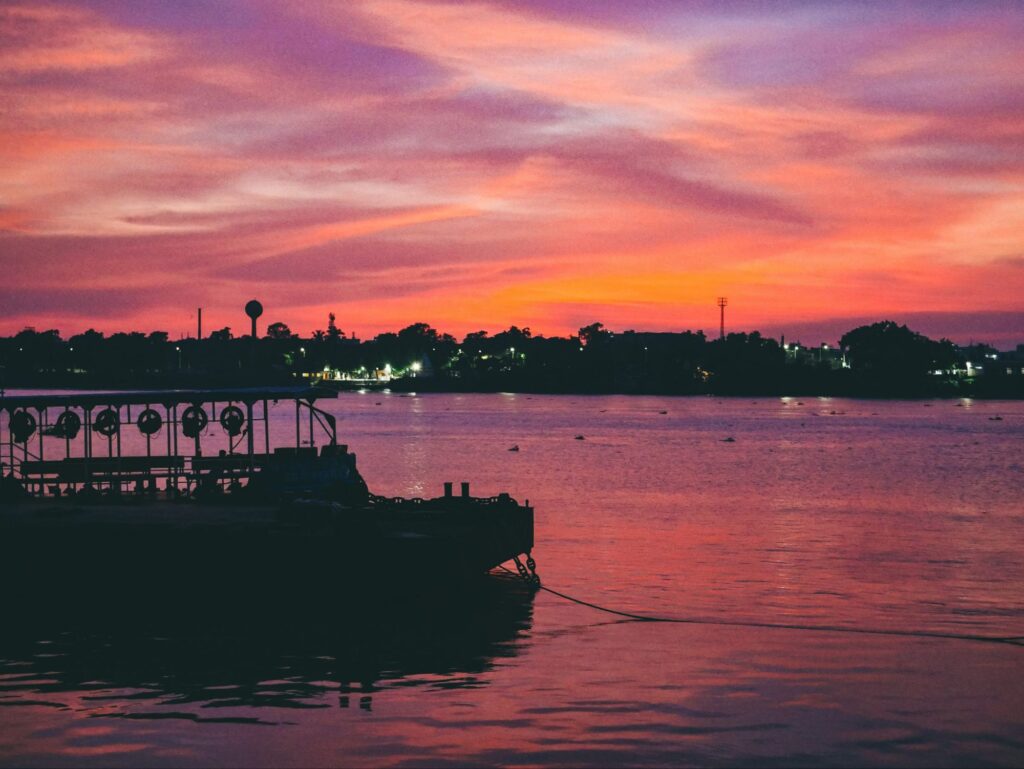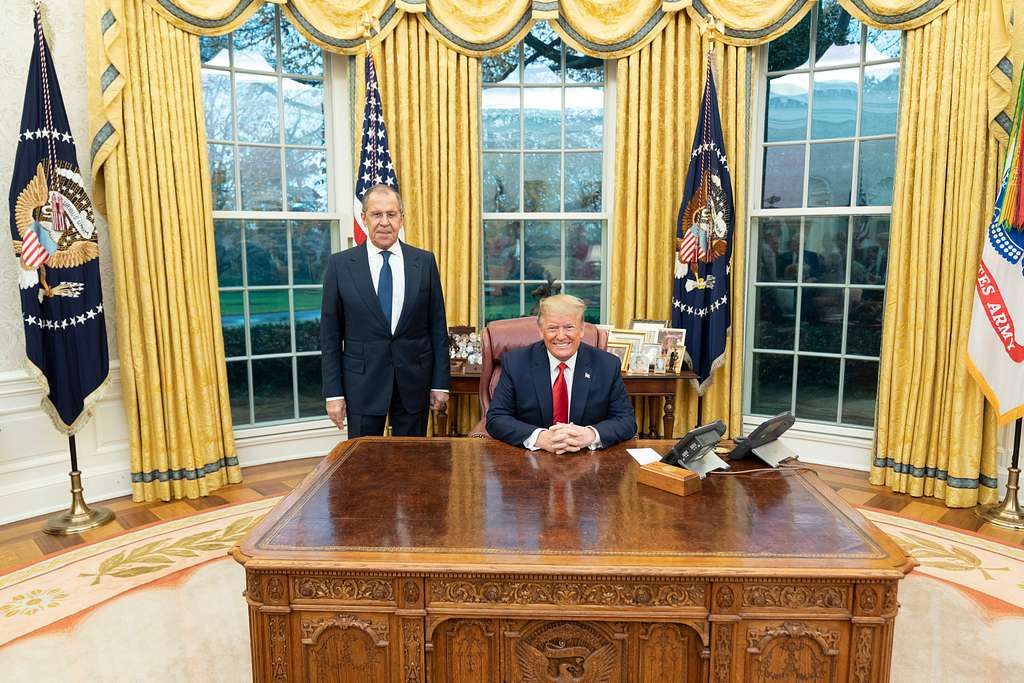India to Lodge Strong Protest with Canada over Inclusion of Diplomats in Nijjar Killing Probe

In a move that could further strain diplomatic relations between India and Canada, India is set to lodge a strong protest with the Canadian government. This comes after Canada included India’s High Commissioner and other senior diplomats in its list of “persons of interest” during an investigation into the killing of Khalistani terrorist Hardeep Singh Nijjar.
The incident has led to rising tensions between the two countries, which have already seen a dip in bilateral relations following Canadian Prime Minister Justin Trudeau’s public statements linking India to the killing of Nijjar. India has categorically denied any involvement in the incident, labeling the accusations as “absurd and motivated.”
Diplomatic Tensions Escalate
Sources have revealed that Canada’s Charge d’Affaires has been summoned to the Ministry of External Affairs (MEA) in New Delhi, where a formal and stern protest will be lodged regarding this latest development. India is reportedly displeased with Canada’s decision to include its diplomats in the investigation, viewing it as an escalation of an already tense diplomatic row.
The decision to summon Canada’s diplomatic representative underscores India’s increasing frustration over Ottawa’s handling of the situation. Indian officials are concerned that this move is part of a larger narrative being constructed in Canada to undermine India’s standing in the international community.
Background: The Killing of Hardeep Singh Nijjar
Hardeep Singh Nijjar, a prominent figure in the Khalistani separatist movement, was shot dead in Canada in June 2023. Nijjar, a vocal advocate for an independent Sikh state, was considered a terrorist by the Indian government due to his involvement in activities aimed at destabilizing India’s territorial integrity. His killing has become a significant point of contention between India and Canada, as the latter has pointed to the involvement of foreign elements, leading to an international diplomatic standoff.
Canadian authorities have not provided concrete evidence linking India to the assassination but have continued to press the issue, leading to diplomatic confrontations.
India’s Stand on the Issue
India has consistently rejected any allegations of its involvement in Nijjar’s killing, maintaining that it had no role in the incident and that the claims are part of a broader political agenda. The inclusion of Indian diplomats in Canada’s investigation has only further agitated New Delhi, which sees it as an attempt to harm its diplomatic personnel and global reputation.
India has also pointed out that the Khalistani movement is largely a domestic issue for Canada, with many supporters of the separatist cause residing in the country. The Indian government has repeatedly expressed its concerns about the activities of Khalistani sympathizers in Canada, urging Ottawa to take action against groups that are attempting to incite violence against India from Canadian soil.
Diplomatic Fallout
The diplomatic fallout from this situation has been significant. In recent months, both countries have taken steps to limit engagements, with travel advisories being issued, trade talks being stalled, and visa services being suspended in certain cases. Additionally, there have been reports of increasing restrictions on Indian consular activities in Canada.
Despite efforts by some international players to mediate, the standoff shows no signs of de-escalation. Canada’s insistence on pursuing the investigation and India’s firm denial of any involvement have led to a breakdown in trust between the two governments.
The Road Ahead
The summoning of Canada’s Charge d’Affaires and India’s planned protest mark a significant point in the ongoing diplomatic spat. While both nations have historically enjoyed strong ties, the Nijjar case has driven a wedge between the two.
Analysts are concerned that the current diplomatic crisis could have long-term effects on India-Canada relations, including in areas such as trade, education, and security cooperation. With both sides holding firm on their respective positions, it remains unclear when or how the situation will be resolved.
India’s protest is expected to send a clear message to Canada that it views the inclusion of its diplomats in the investigation as unacceptable and a violation of diplomatic norms. Whether this protest will lead to any change in Ottawa’s stance is yet to be seen, but it is certain that this issue will continue to shape the geopolitical dynamics between the two nations for the foreseeable future.







